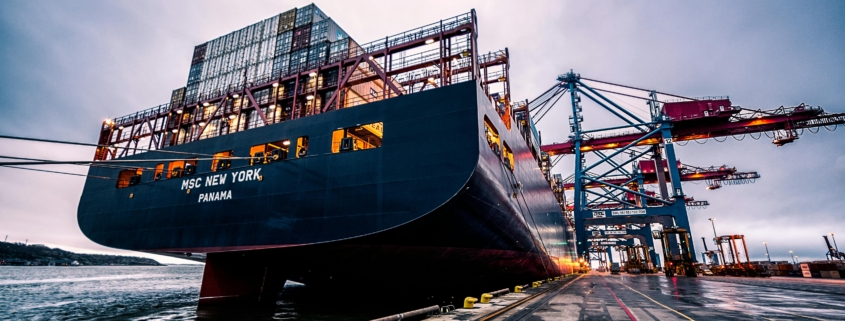Maritime Accidents and Injuries Among Ship Breakers
Ship-breaking is a challenging and risky job, involving the dismantling of decommissioned ships for recycling and disposal. This process exposes workers, known as ship breakers, to various hazards that can result in maritime injuries. Understanding these risks and knowing what to do if an injury occurs is crucial for those involved in this industry.
If you’ve been injured while working in a maritime role, you may be entitled to compensation under US maritime law. Let’s discuss your case and find out. Call Reeves & Mestayer at 228-374-5151.
Common Hazards in Ship-Breaking
The ship-breaking industry is filled with dangers due to the demanding nature of the work and the challenging environments. One of the biggest risks is exposure to hazardous materials. Ships often contain asbestos, lead, and other toxic substances that can cause serious health problems if inhaled or ingested. Fires and explosions are also significant dangers, often resulting from flammable materials or leftover fuel on the ship.
Handling heavy machinery and tools poses additional risks. Shipbreakers use cutting torches, cranes, and other equipment that can cause severe injuries if not used correctly. The physical strain of the job can lead to musculoskeletal injuries like strains and sprains. There’s also a constant risk of falls, as workers frequently operate at great heights or in unstable positions.
Additionally, confined spaces on ships can be perilous. Limited ventilation can lead to a dangerous buildup of gases, and cramped conditions can make escape difficult in an emergency. Electrical hazards are another concern, as faulty wiring or damaged equipment can lead to electrocution.
Types of Injuries Among Ship Breakers
Shipbreakers often face various types of injuries due to the hazardous nature of their work. Burns are common, often resulting from fires, hot surfaces, or exposure to chemicals. Handling sharp objects or debris can lead to lacerations and puncture wounds. Falls or being struck by heavy equipment can cause fractures and dislocations.
Long-term health effects are also a concern. Prolonged exposure to hazardous materials like asbestos and lead can result in serious respiratory illnesses, skin conditions, and even certain types of cancer. The physical demands of the job can lead to musculoskeletal injuries, including strains and sprains, which can be painful and debilitating.
Legal Rights and Protections for Injured Workers
Workers in the shipbreaking industry have specific legal rights and protections to ensure their safety and well-being. In the U.S., the Occupational Safety and Health Administration (OSHA) establishes regulations to reduce workplace hazards and promote safe working conditions. Employers must provide proper training, safety gear, and a safe work environment to comply with these standards.
If ship breakers are injured on the job, maritime law offers significant protection and benefits. For example, the Jones Act allows injured maritime workers to seek compensation if their injury resulted from employer negligence. Additionally, under general maritime law, workers can pursue claims for unseaworthiness if the vessel’s condition contributed to their injury.
Understanding these rights is essential for protecting oneself in this hazardous industry. If your employer fails to meet safety standards or denies your claim, legal options are available to ensure you receive the compensation you deserve. Legal protections are in place to support and safeguard injured ship breakers.
Steps to Take After a Maritime Injury
After experiencing a maritime injury, taking the right steps is crucial to protect both your health and your legal rights. Firstly, it’s essential to get medical attention immediately. Even if the injury seems minor, a medical professional can properly assess your condition and provide necessary treatment.
Next, inform your employer about the injury as soon as you can. Timely reporting is important for documenting the incident and ensuring you meet any deadlines for filing claims under maritime law. Make sure to keep a detailed record of your medical visits, treatments, and any communications with your employer regarding the injury.
Documentation plays a vital role in legal cases, so collect as much evidence as possible. This includes photographs of the injury, witness statements, and any relevant paperwork such as accident reports or medical records. Keeping thorough documentation can strengthen your claim and make the legal process smoother if you seek assistance from a maritime injury lawyer.
Take the First Step with Reeves & Mestayer
If you’re ready to seek compensation for your maritime injury, our team is here to help. Schedule your consultation now by calling us at 228-374-5151 or contacting us online







